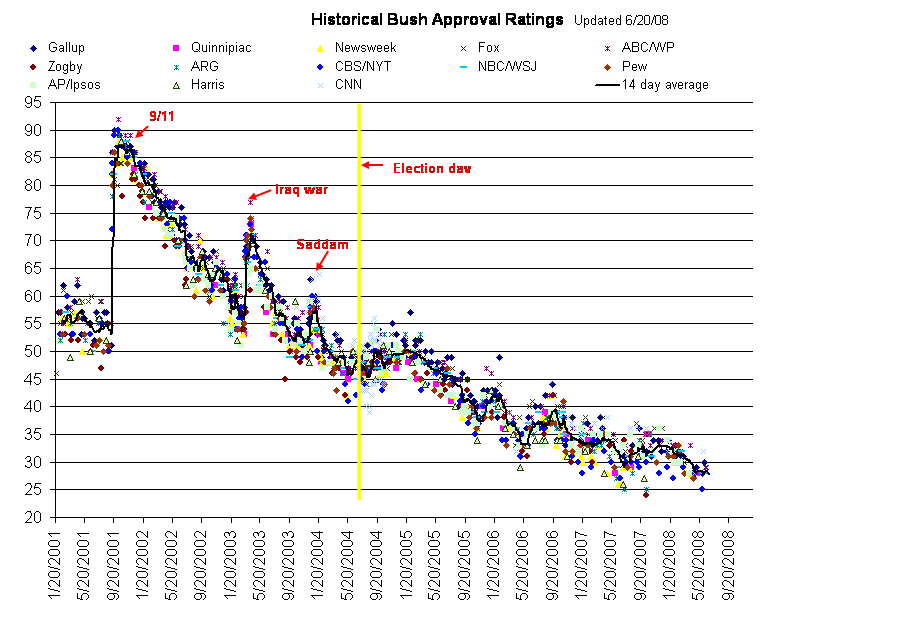The West Hollywood Book Fair is not by any means the largest in the country or even in LA. The largest book fair in the primordial soup is indisputably the Los Angeles Times Festival of Books, which is held annually at UCLA. The West Hollywood Book Fair is a very small and civilized affair held in West Hollywood Park. (The term “park” is used liberally here, for the actual plot of land allotted to the public under this designation is astoundingly paltry. Public spaces in the primordial soup typically are astoundingly paltry.)
The WeHo Book Fair is composed primarily, naturally, of gay and new age literature. A healthy contingent of writing groups are also well represented because this is the city where nearly 50% of the population (yours truly excluded, for now) are writers. And, last, though by no means least, are the various political groups: the ACLU, Pacifica Radio and other fringe groups. Especially radical groups were pleasantly and conspicuously absent.
I was surprised to see John Dean‘s name listed on a panel that was about to start in five minutes, so I lingered to hear what he and the others were going to say. The other panelists were Dennis Loo and Susan Estrich, who neglected to show up.
It proved to be an instructive panel to attend primarily because of the juxtaposition of an eminently rational man like John Dean against a polemicist like Dennis Loo. (The juxtaposition would be instructive were it made with any polemicist, even with Bill O’Reilly.) Such a juxtaposition is the perfect means of demonstrating the intellectual deficiencies of the political fringes. Whether it’s the radical right or the radical left, placing either one next to a man who coolly and civilly advocates the boring, fair and historically proven method of due process vanquishes all doubt regarding whom people need to support politically: the boring guy.
Lest one be tempted to dismiss the boring guy, one must bear in mind that the boring guy here, John Dean, brought down the entire Nixon Presidency. Hence, it is absurd to think that such men are ineffective or otherwise useless in the establishment of an effective government. Quite the contrary, history and the cabal of fanatics that has been in control of the US government since 1994 clearly demonstrate that it is the fanatics that invariably destroy governments and subsequently nations. Hitler, Mussolini, Khomeini, Pol Pot, Karadzic, Mugabe and countless others have proved the destructive force of fanaticism beyond the shadow of any doubt. Yet, we are stuck with fanatics.
And, what do we do against fanatics? Dean admirably argued for the restoration of the processes that have kept fanatics out of the political system and have kept in check the fanatics who managed to enter politics. Loo argued for buying and wearing orange colored products in order to advocate impeachment of Bush and Cheney.
Dean argued that the processes that assert the will of the people and that advocate the interests of the nation need to be restored. Loo asserted that we need a “hero” to fight this battle against the titans of evil who are governing our nation. Dean advocated a practical focus on winning elections. Loo simply asserted that elections are hopeless, and that we have no remedy, though he did offer hope in the form of his book.Â
The moderator gave me the microphone, and I asked these men what we, the disenfranchised public, can do to reverse the nation’s course? Loo suggested that I buy orange personal decorations, because it was his brilliant idea to start an “orange campaign” for impeachment. Dean reasserted the fact that the Republicans understand the importance of process enough to have modified it heavily in their favor. He, therefore, advocated that Democrats erase these imbalances while they wield power. Loo did not disagree with this, but all he could advocate was wearing orange and protesting.
Loo also employed fear tactics for no apparent reason. He insisted that the US will attack Iran, that electronic voting machines are hackable and will be hacked, that impeachment is the only answer even if diverts resources from worthwhile causes. Naturally, he offered no real remedy to these doomsday scenarios. An ostensibly educated man, Loo could not offer so much as a notion of a process by which electronic voting machines could be challenged. Fear of the devices was apparently enough for him.
And, that is where I lost my faith in the “left” in American politics. The American “left” differs little tactically from the radical right in American politics. Its tactics consist of fear. Practically, the difference is like night and day. The right, as Dean correctly noted, understands process. It understands power, and it has the desire to wield it. It will go far in corrupting the process, as Hitler did (Dean’s comparison, not mine!), in order to wield absolute power. And, the American “left” responds to this corruption of process with a symbolic orange campaign. In insisting on a “hero” it was almost as if Loo was begging for another Martin Luther to start a new movement, a new government, a new nation.
Heroes are the desire of the hopeless. I have no heros for I have some confidence (still) in my abilities. Dean asked for no heroes because he has been in politics enough to know that process has a far greater impact than the impact that any one “hero” can have. After all, the only difference between democracy and fascism is, in fact, the process.Â
Perhaps it’s in keeping with the American tradition of creating a new religious sect or movement when one is not satisfied with one’s innate religion. The American left’s fantasies of revolution (a mantra repeated ad nauseum by the left and the right), however, can never become reality. Freedom of religion enables new religions. The Constitutional system provides little recourse for change outside the Constitution itself. Hence, Dean is absolutely right when he says that it is important to restore and repair the processes of governance, and Loo and his fellow “leftists” are little more than egomaniacal fear mongers who are far more content with selling orange clothing than they are with advocating action. “Turn on, tune in, drop out” is a message that many baby boomers are happy to propagate, albeit from their comfortable tenured positions. And, somehow, they are mystified by the (good) fact that they wield no power.
Ahhh, to be free to think and to act. Neither the left nor the right will ever advocate freedom of thought and expression, for this freedom is inimical to the stupidity that both sides advocate under the headings of objectivism, neo-conservatism, liberalism, communism and, yes, even conservatism.Â
Like this:
Like Loading...

